Close to four dozen journalists gathered yesterday afternoon, March 14th, the day of the General and National Strike for journalists, next to the port of Faro.
Present at the protest were journalists from the regional press – Sul Informação, Jornal do Algarve e Barlavento -, and the delegations in the Algarve of national bodies, from television (RTP, SIC, TVI/CNN, CMTV), to radio (TSF), to newspapers (Público, JN) and to Agência Lusa.
Also joining were former journalists, a Master's student and friends and supporters of the Journalists' struggle, such as a family member of a TSF comrade, representatives of Tertúlia Farense, the Cineclube de Faro and the Nurses Union. It was an unprecedented concentration in the history of journalism in the Algarve region.
In the case of Sul Informação, in addition to not having published anything throughout the day, the strike was attended by 4 journalists, as well as two colleagues from the Administrative and Advertising areas. It was actually a total strike in Sul Informação!
Yesterday, the day of the first General Strike of Journalists since 1992, information was at a standstill in many news organizations – in the Algarve, it was the case of Sul Informação, Barlavento and Jornal do Algarve.
But, at a national level, many news organizations were at a standstill or at a standstill. Televisions, even though they continued their informative broadcasts, were reporting on the progress of the strike.
«At midnight on Thursday, March 14, there was no news on Antena 1 or TSF. “It's midnight on the mainland and in Madeira, one hour less in the Azores. At Antena 1, journalists are on general strike.” The starting gun was given for the first general strike of journalists in more than 40 years», wrote the Journalists' Union.
There were more than four dozen media outlets (OCS) whose journalists joined the strike and were on standstill during March 14th. The Lusa agency announced the suspension of the line at the end of the morning, after not publishing any news since midnight.
«The impact of the general strike, in fact, began even earlier in the newsrooms. Many managers, concerned about membership, brought forward newspaper closing days, made advance invitations to programs, changed shifts to take care of absences of “probable” strikers, or reinforced them to mitigate the impact of the strike», added the Union.
Luís Simões, president of the Journalists Union (SJ), said, in statements to ECO, that the numbers joining the strike were “very significant and above what we expected”, with “newsrooms without anyone”.
“Obviously we knew that the strike was going to be big, but I didn’t anticipate it being that big, which says well – and this is the bad part – of the moment journalists are living in,” he added.
Participation was widespread across the various media outlets across the country. “From SIC to Público, through TVI and Antena1, going to the majority of regional newspapers and radios, [the strike] is being transversal. It is also felt very strongly online, where journalists have to respond to the second and are pressured to work 200 hours per hour”, said Luís Simões.
Today, the 15th, there are newspapers that did not appear on newsstands, namely Setubalense or Diário de Notícias, for which, at the beginning of this week, a collective layoff was announced.
The president of the Journalists Union warned: “the effects of the strike must begin on the 15th and we must all make an effort to begin to put an end to this degradation of working conditions, wages, and precariousness”.
In relation to political power, Luís Simões highlighted: “we have a very clear message, which is evident. We are the country in Europe that per capita The less money we put into supporting free and independent journalism, at a time when journalism is most needed to understand the world because misinformation is growing every day.”
In this sense, proposals to support journalism are requested from political power, such as the implementation of a voucher to be used in newspaper subscriptions (thus placing the choice on those who consume), or support that applies in the fiscal field. “We have a government to be formed, when the situation becomes a little clearer, we will be there to speak with all political forces,” said the SJ leader.
According to the list published by the Union, among the media without news production were Jornal do Fundão, Sul Informação, Barlavento, Jornal do Algarve, Fumaça, 7 Margens, 7 Montes, Baluarte de Santa Maria, Septenta e Quatro, Setubalense, Almada Online, Coimbra Cooletiva, Rádio Cova da Beira, Rádio Universitária do Minho (RUM), RTP Madrid, SIC Évora, Visão, Diário de Notícias and the magazines Caras and Activa.
There were also strong disruptions in news production in dozens of other newsrooms such as Expresso, Renascença, Público, Observador, TVI/CNN Portugal and SIC/SIC Notícias.
In addition to there being no news, there were concentrations of journalists all over the country: in Porto, in Coimbra, in Faro, in Évora, in Ponta Delgada and, culminating this day of struggle with a large concentration in Largo Camões, in Lisbon, at night.
Throughout the day, there were many messages of support that Journalists received, from unions, civic associations, mayors, journalism students, and the President of the Republic. From the parties, today messages of support from the leaders of PS, PSD, LIVRE, Bloco de Esquerda and PAN. The general secretary of the Portuguese Communist Party (PCP), Paulo Raimundo, refused to make statements to journalists after leaving a meeting with Marcelo Rebelo de Sousa, in “solidarity with the journalists’ strike”.
The General Strike of Journalists, unanimously approved and applauded by the approximately 500 journalists present at the closing session of the Congress of Journalists, was scheduled for March 14th, after the Legislative Elections, so that there would be no accusations of political exploitation. When it was scheduled, we had no idea how important the date would be in this post-election period.
Click here to see a (provisional) list of the impact of the strike across the country
To understand the reasons for this strike, read this article from Pedro Lemos
ou this article from Nuno Costa
Journalists' strike made news around the world
In France, the Agence France Press reported the strike, in news that had repercussions in the Le Figaro, which highlighted “a sector in great difficulty” and recalled the collective dismissal announced by Global Media for the DN.O website Euronews reported that the “national strike of journalists stopped, 100%, four dozen Portuguese media outlets”. According to Executive Digest, the Sloboden Pečat, Macedonia's daily newspaper also referred to the strike.
In Brazil, the website UOL recalled that “radio stations such as Antena 1, from the state-owned RTP, broadcast a message at midnight informing listeners about the strike. Lusa stopped publishing news and notified customers of its services.”
In Africa, two online publications referred to the unprecedented protests by Portuguese journalists, the NewsNow Nigeria and the Sahel Standard.
In the United States of America, the online financial website Barron's spoke of the concentrations of Journalists planned across the country.
In Macau, the Macao Business highlighted that “the last general strike by Portuguese journalists took place in 1982” and that this Thursday’s protest was due to “low wages and job insecurity”.
Also on the Asian continent, in this case in Malaysia, the Lumi News Malaysia highlighted that the strikers called for “a salary increase to face inflation and compliance with labor laws regarding the payment of overtime”.
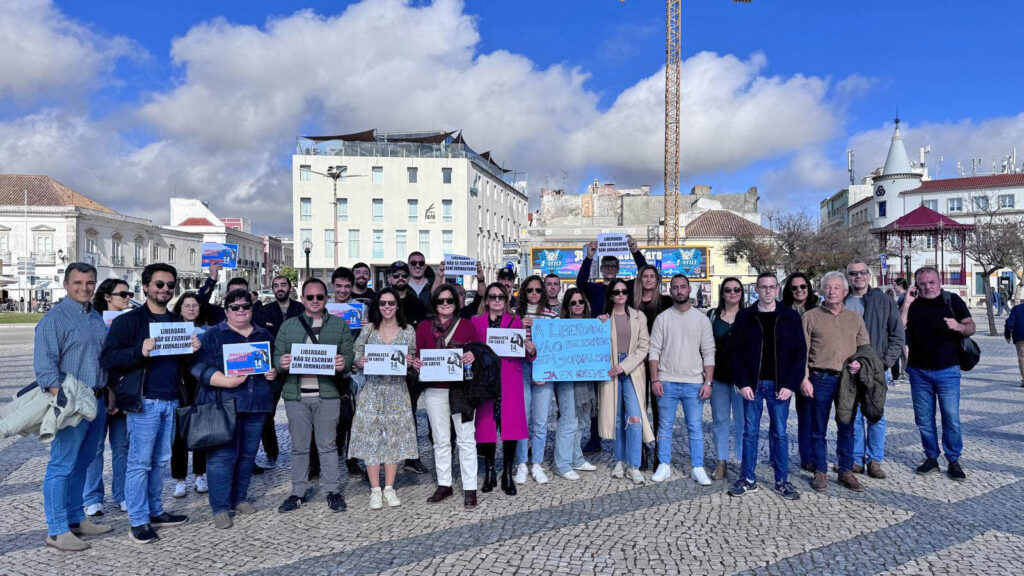
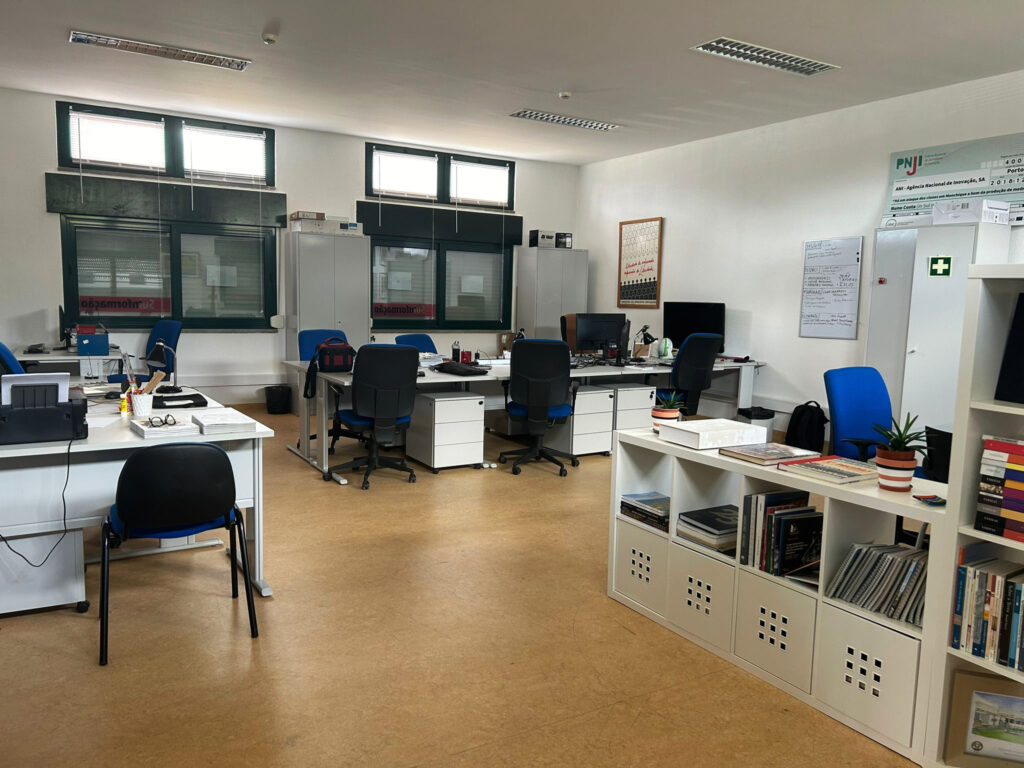
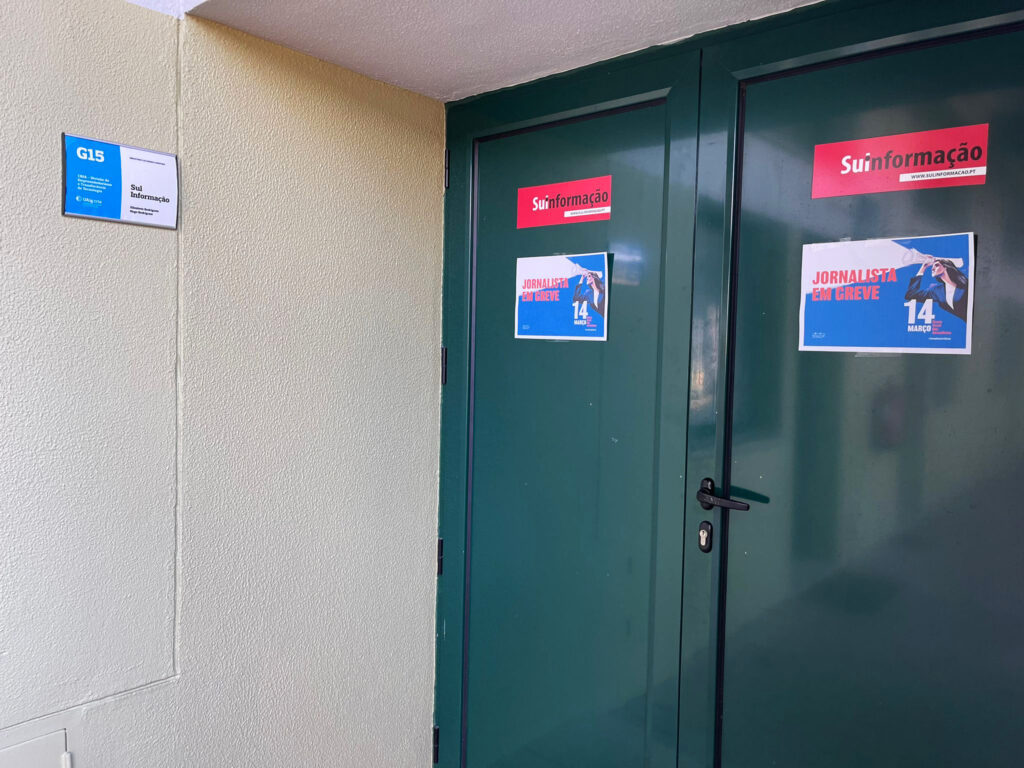
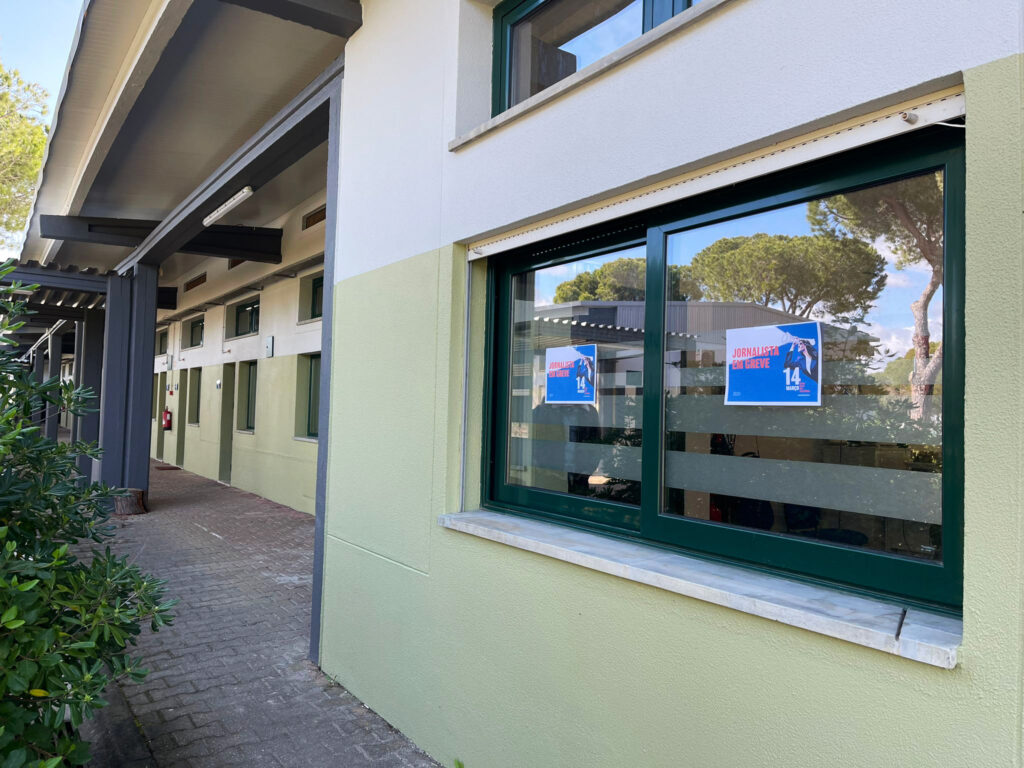
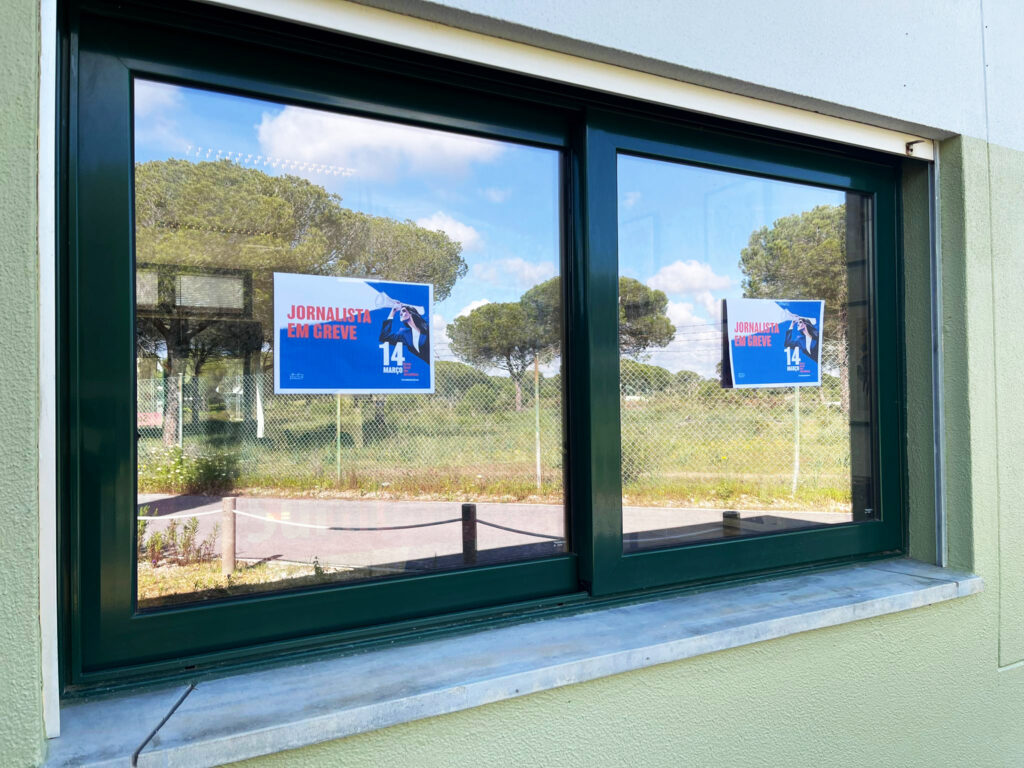
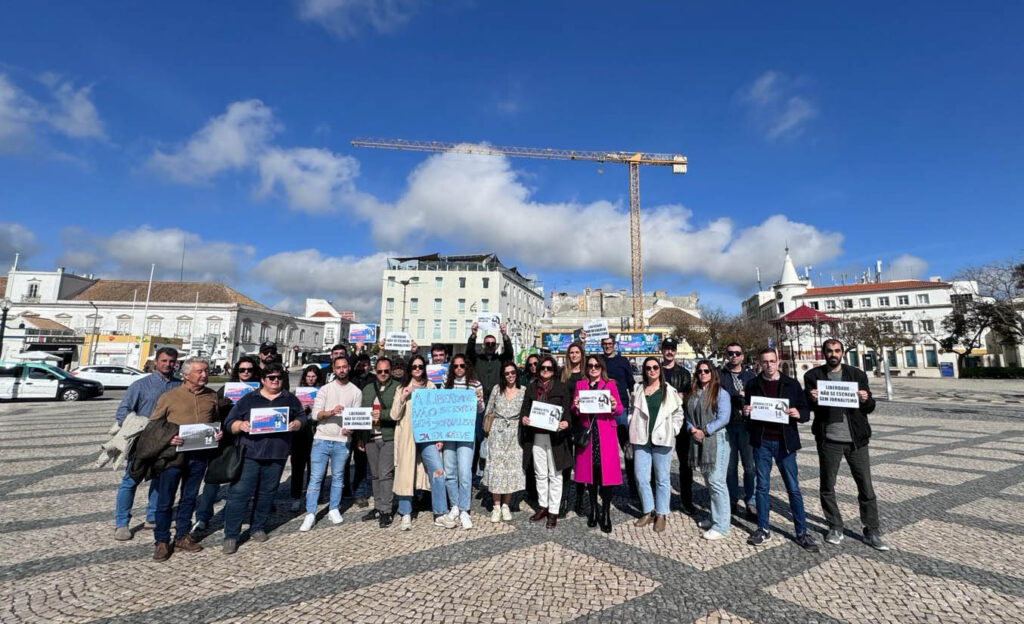
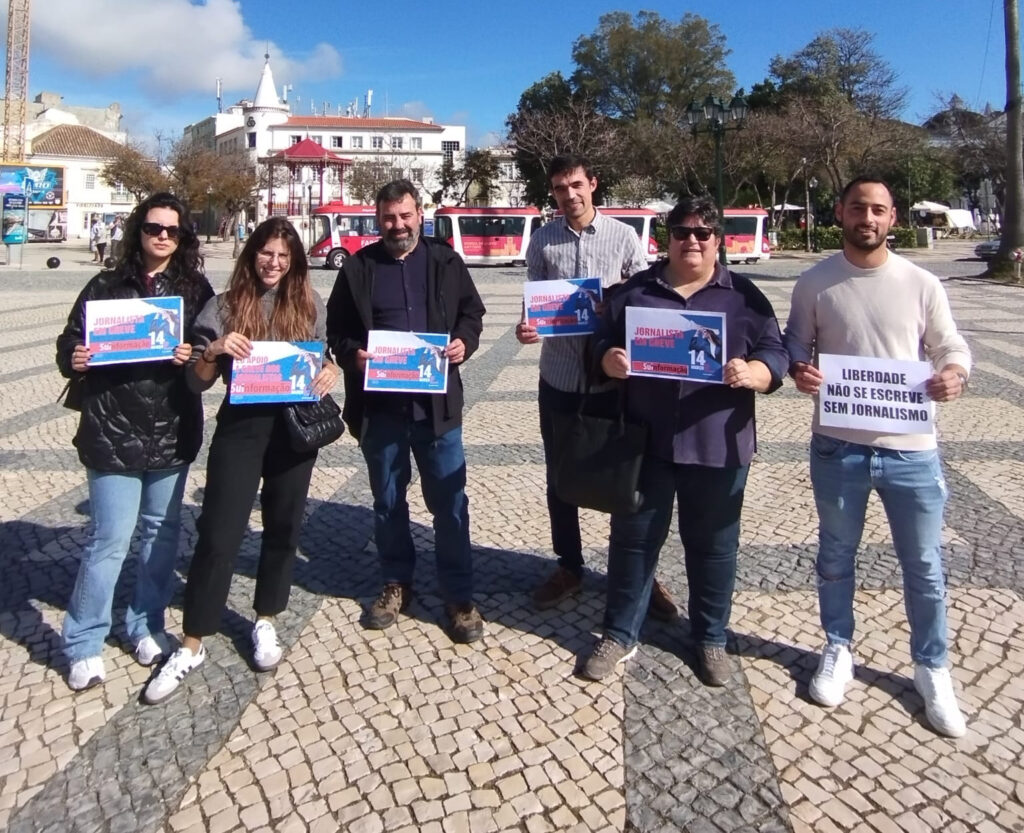
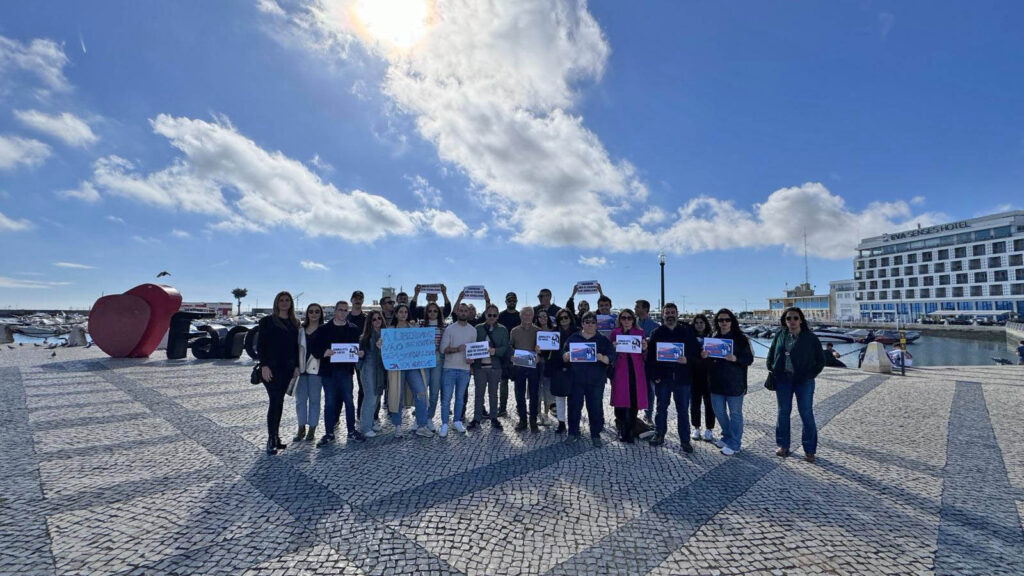

















Comments